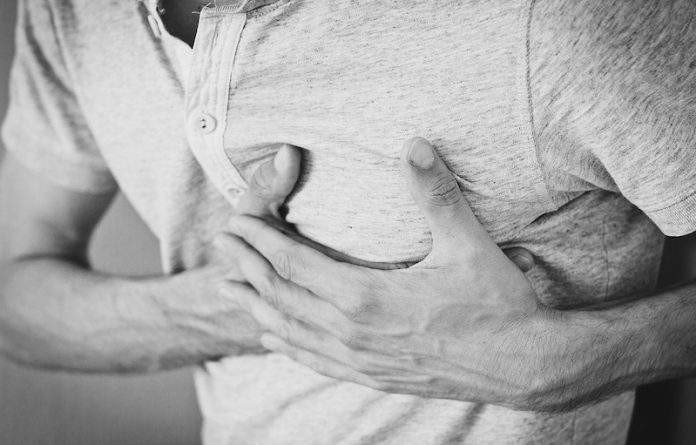
Heart disease is currently the largest cause of death globally.
After a heart attack, the shock of the event leaves behind a trail of the damaged heart muscle, which becomes a scar over time.
However, the scar tissue doesn’t have the elasticity and flexibility of healthy heart muscle, meaning there can be complications with pumping and transporting blood.
In a study from the University of Sydney, scientists have developed a method to reverse the loss of elasticity of damaged heart tissue following heart attacks.
The research in rats has found that a single injection of tropoelastin into the wall of the heart in the days following a heart attack could “turn back the clock” on muscle damage, making the scars “stretchier” and help improve the heart’s ability to contract.
Tropoelastin is the protein building block that gives human tissue its elasticity and ability to stretch.
The results represent the first time the potential of tropoelastin in treating heart disease has been examined.
This research showcases the potential of tropoelastin in heart repair and suggests further work will show exciting possibilities of its role in future treatments and therapies.
Four days after a heart attack, purified tropoelastin was injected into the heart.
The team says tropoelastin can repair the heart because it is a precise replica of the body’s natural elastic protein.
For this injection, the researchers used a new surgical method utilizing ultrasound to guide the needle into the heart wall, which is less invasive than previous methods.
After 28 days the researchers found the heart muscle, originally damaged and scarred at the beginning, had regained its elasticity and its muscle function resembled that before the heart attack.
Further tests found that tropoelastin reduces scar size and essentially stabilizes it by increasing its elastin content and therefore decreasing the stiffness of the scar.
Additional experiments on human cardiac fibroblasts (a subset of human heart cells responsible for maintaining the structure of a normal heart) in a petri dish showed that after the cells were treated with tropoelastin, they were able to generate elastin, a crucial protein that gives human tissue elasticity and the ability to stretch.
If you care about heart failure, please read studies about a big cause of heart failure, and Aspirin is linked to higher risk of heart failure.
For more information about heart health, please see recent studies about how espresso coffee affects your cholesterol level, and results showing Vitamin C linked to lower risk of heart failure.
The study was conducted by Dr. Robert Hume et al and published in Circulation Research.
Copyright © 2023 Knowridge Science Report. All rights reserved.



